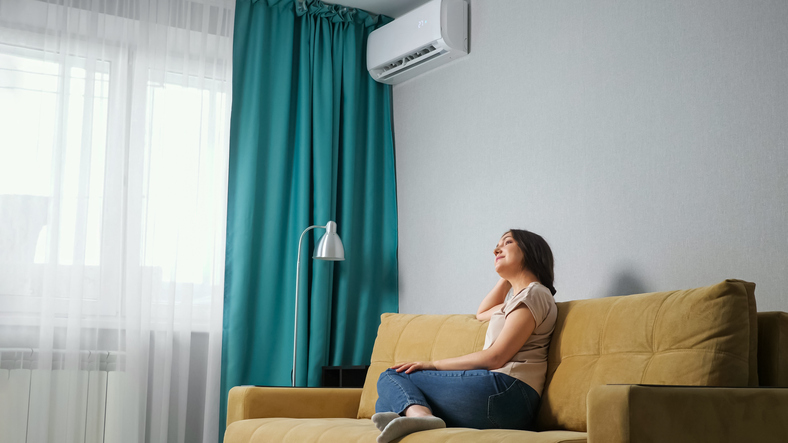
Is Air Conditioning Good For a Fever?
As temperatures rise, air conditioning becomes an indispensable part of our lives, providing relief from the sweltering heat. However, there’s a lingering question about the relationship between air conditioning and health, particularly when it comes to fever. So, is air conditioning good for a fever? We’ll explore the benefits and potential pitfalls of using air conditioning systems while dealing with illness and the fever that comes with it.
Do Air Conditioners Cause Fevers?
The Myth of Air Conditioning Causing Fevers
First and foremost, it’s important to debunk the myth that air conditioning can directly cause a fever. While some may associate the cool air from your A/C system with getting sick, this is not the case. Fevers are primarily triggered by infections, such as viruses and bacteria, not temperature or climate.
Air Conditioning and Allergies
While air conditioners don’t cause fevers, they can indirectly impact your health when it comes to allergies and respiratory conditions. An improperly maintained air conditioner can collect allergens and airborne particles, potentially worsening allergies. This can lead to cold-like symptoms, including congestion and sneezing.
The Benefits Air Conditioners Have on Fevers
Maintaining Comfortable Temperature
One of the biggest benefits of using air conditioning during a fever is the ability to maintain a comfortable indoor temperature. When you have a fever, your body’s temperature regulation can go awry, leaving you feeling overheated. Air conditioning can provide relief by creating a cooler and more comfortable environment, helping to reduce your body temperature.
Promoting Rest and Recovery
Quality sleep is crucial when you’re unwell. A fever can make it challenging to sleep, as you’re left feeling hot and sweaty. Air conditioning can help you get the rest you need by creating a better sleeping environment, giving your body a better chance to recover.
Reducing Dehydration
Fevers often lead to increased sweating and fluid loss. When an air conditioner is set to a comfortable indoor temperature, it can help reduce excessive sweating, mitigating the risk of dehydration. Staying adequately hydrated is vital for a swift recovery.
Air Conditioning, Humidity, and Recovery
Reduction in Humidity
A/C systems not only cool the air but also reduce humidity levels. When the air is dry, it enhances the body’s natural cooling mechanism by allowing sweat to evaporate more efficiently. With an air conditioner dehumidifying your space, your overall comfort will be greater, and your recovery swifter.
Proper Air Conditioning Use for Health
Filter Maintenance
To ensure that your A/C system contributes positively to your health, regular filter maintenance is crucial. Filters collect airborne particles, allergens, and microorganisms. Keeping the filter clean and replacing it as recommended by the manufacturer helps maintain the air quality in your home.
Optimal Temperature Settings
Maintaining the right indoor temperature is key. For those with a fever, it’s recommended to set the air conditioner between 60℉ and 67℉. This range helps promote better sleep and supports the body’s cooling mechanisms.
Air conditioning itself doesn’t cause fevers, however, it can significantly impact your health, comfort, and recovery during fever-related illnesses. So, air conditioning is in fact good for fevers. Properly maintained air conditioning systems help reduce humidity, maintain comfortable temperatures, and promote rest, all of which are essential for a swift recovery. As temperatures around the world continue to rise, air conditioning is becoming increasingly crucial for staying safe and healthy during heatwaves and while dealing with a fever. To ensure your A/C system is at its best, feel free to reach out to us.








0 comments